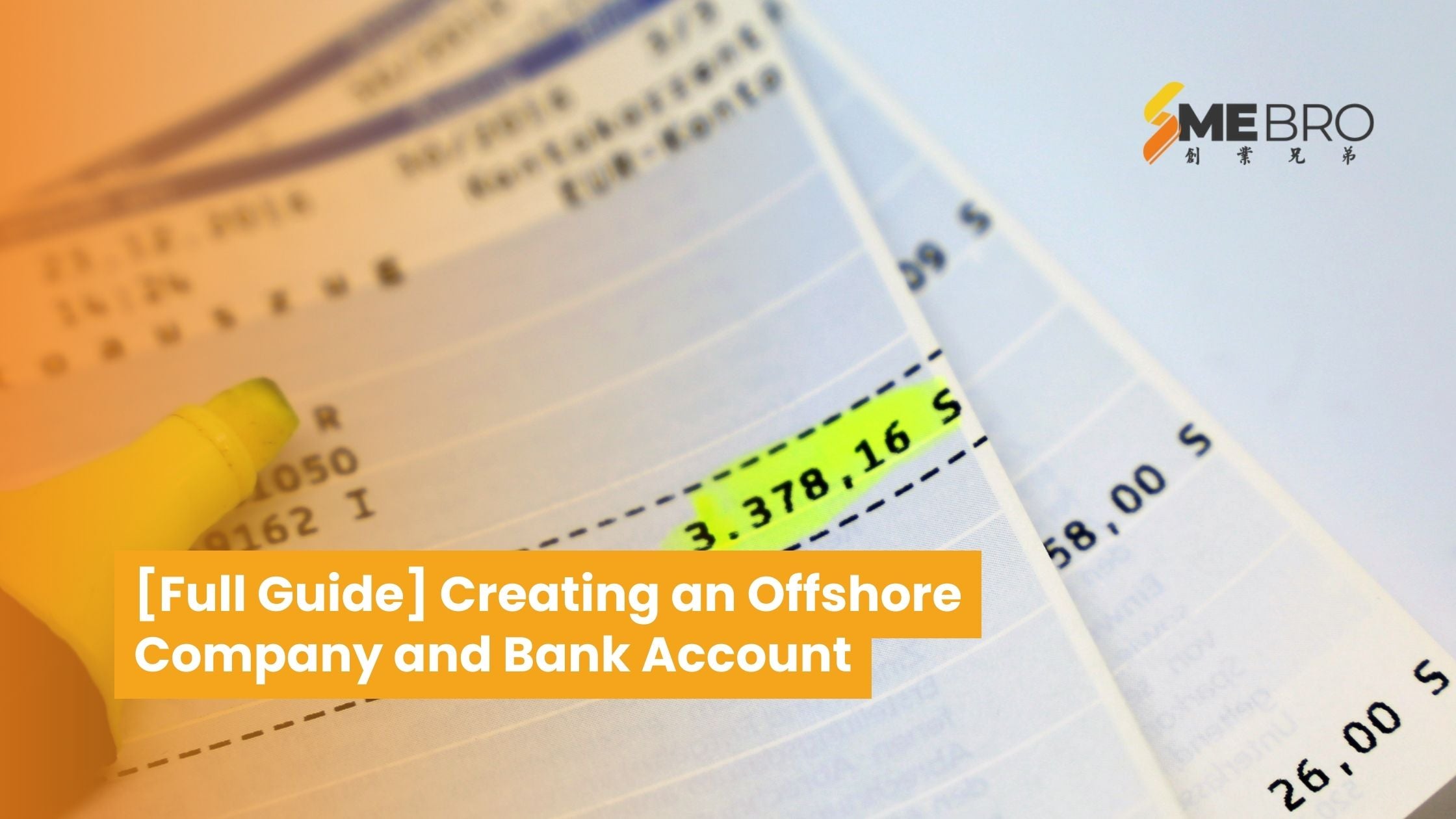Hong Kong's cosmopolitan allure attracts talent from across the globe, but the city's escalating rental costs can strain budgets, especially for newcomers. Recognizing this challenge, the government has implemented the Rental Reimbursement Scheme, a crucial initiative aimed at easing the housing burden for residents.
This comprehensive guide delves into the intricacies of this scheme, equipping you with the knowledge to navigate it confidently and potentially unlock substantial financial relief.
Understanding the Rental Reimbursement Scheme
At its core, the Rental Reimbursement Scheme is a government-backed program designed to alleviate the financial strain of soaring rental expenses for Hong Kong denizens.
By providing monetary assistance to eligible individuals and households, the scheme aims to enhance overall living standards and promote housing affordability in this densely populated metropolis.
The scheme operates under the premise that qualified applicants receive financial aid to offset a portion of their rental expenditures.
This assistance is particularly valuable in Hong Kong, where rental costs frequently consume a substantial portion of residents' incomes.
By offering this support, the government strives to make housing more accessible, mitigate the risk of homelessness, and uplift the quality of life for beneficiaries.
Eligibility Criteria: Who Qualifies for Assistance?
Determining eligibility for the Rental Reimbursement Scheme involves a set of specific criteria, primarily revolving around income levels and family composition.
The scheme is designed to prioritize assistance for low-income individuals, the elderly, and those with disabilities – demographics that often face heightened challenges in securing affordable housing.
1. Income Thresholds
Income serves as a fundamental determinant of eligibility. The government establishes specific income thresholds, with individuals or households earning below these predetermined levels being more likely to qualify for assistance under the scheme.
As a general guideline, applicants with lower incomes have a higher likelihood of meeting the eligibility requirements.
2. Family Composition Considerations
The composition of an applicant's family plays a crucial role in the eligibility assessment process. The scheme acknowledges that financial needs and living arrangements can vary significantly among families of different sizes and structures.

Consequently, factors such as the number of family members, the presence of elderly or disabled individuals within the household, and other pertinent considerations are taken into account to ensure that families with particular needs receive appropriate assistance.
3. Rental Expense Limits
To qualify for the Rental Reimbursement Scheme, an applicant's rental expenses must fall within established limits.
These limits are contingent upon the type of accommodation provided, with different thresholds applying to residential units, serviced apartments, hotel rooms, hostels, or boarding houses.
Understanding the Steps and HOS 2024 Application Form
For instance, the rental value for a residential unit or serviced apartment is typically calculated at 10% of the applicant's net income after deducting outgoings and expenses (excluding self-education expenses).
In contrast, the rental value for a single room in a hotel, hostel, or boarding house may be set at a lower percentage, such as 4%.
The Application Process: A Step-by-Step Guide
Navigating the application process for the Rental Reimbursement Scheme is a structured endeavor, designed to ensure that individuals or households in need can access the assistance they require.
Here's a step-by-step guide to help you through the process, along with practical tips and common pitfalls to avoid.
1. Determine Eligibility
Before initiating your application, it's crucial to assess whether you meet the eligibility criteria outlined by the scheme. This includes verifying that your income falls within the specified thresholds and that your family composition aligns with the considerations set forth by the program.
2. Gather Required Documentation
Assemble all the necessary documentation to support your application. This typically includes proof of income, rental expenses, and other relevant paperwork that substantiates your eligibility and living circumstances.
3. Complete the Application Form
Obtain and meticulously complete the application form provided by the responsible government department, ensuring that all required details are accurate and comprehensive. Double-check for any omissions or inconsistencies before submission.
4. Submit Your Application
Once your application is ready, submit it to the designated government department for processing.
This can often be done through both online and offline channels, depending on the specific requirements outlined by the authorities.
5. Verification and Review
Upon receiving your application, the government department will initiate a verification and review process.
During this stage, they may request additional information or documentation to corroborate the details provided in your application.
6. Notification of Approval
If your application is approved, you will receive an official notification detailing the approved reimbursement amount and the frequency of payouts. This information is crucial for budgeting and financial planning purposes.
7. Receiving Reimbursement
Finally, the rental reimbursement will be disbursed according to the specified schedule, providing you with the much-needed financial relief to offset a portion of your rental expenses.
Calculating Reimbursement Amounts
The amount of rental reimbursement an individual or household is eligible to receive under the scheme is calculated based on several factors, including the applicant's financial status, the size and composition of the household, and the rental expenses incurred.
The government utilizes a structured formula to ensure that eligible applicants receive assistance that matches their financial need and living arrangements.
To illustrate the potential impact of the Rental Reimbursement Scheme, consider the following example:
Let's say you're a single person in Hong Kong, earning HK$500,000 a year and paying HK$150,000 in rent. The table below illustrates how your income tax bill (for the 2018/19 tax year) would change under these scenarios:
- No deductions or reimbursements: This is your baseline tax amount.
- Rental deduction of HK$50,000: You can deduct a limited amount from your taxable income.
- Rental deduction of HK$100,000: A higher deduction limit means less taxable income.
- HK$150,000 rental reimbursement: Your employer covers your full rent, but this can affect your tax situation.
|
Scenario |
Tax Liability (HK$) |
Decrease in Tax Liability (%) |
|
Base case without any deduction |
44,560 |
- |
|
(i) Deduction capped at HK$50,000 |
36,060 |
19% |
|
(ii) Deduction capped at HK$100,000 |
27,560 |
38% |
|
(iii) Rental reimbursement |
25,010 |
44% |
If the rental cost is increased to HK$180,000:
|
Scenario |
Tax Liability (HK$) |
Decrease in Tax Liability (%) |
|
Base case without any deduction |
44,560 |
- |
|
(i) Deduction capped at HK$50,000 |
36,060 |
19% |
|
(ii) Deduction capped at HK$100,000 |
27,560 |
38% |
|
(iii) Rental reimbursement |
19,400 |
56% |
As illustrated in the example, if the tax deduction on rental expenses is set at HK$50,000 or HK$100,000 per year, the percent of tax saving is approximately 19% or 38%, respectively.
However, when there is an increase in rent, the amount of tax saving will remain the same; in other words, the attractiveness of such a deduction will be reduced.
Conclusion
This comprehensive guide has provided a detailed exploration of the Rental Reimbursement Scheme, covering its purpose, eligibility criteria, application process, calculation of reimbursement amounts.
Relocating to a new country is exciting, but it also comes with its challenges. Understanding Hong Kong's rental reimbursement scheme is a small but significant step in easing your transition.
With a bit of preparation and the right information, you can navigate this process smoothly and make the most of this unique benefit.



